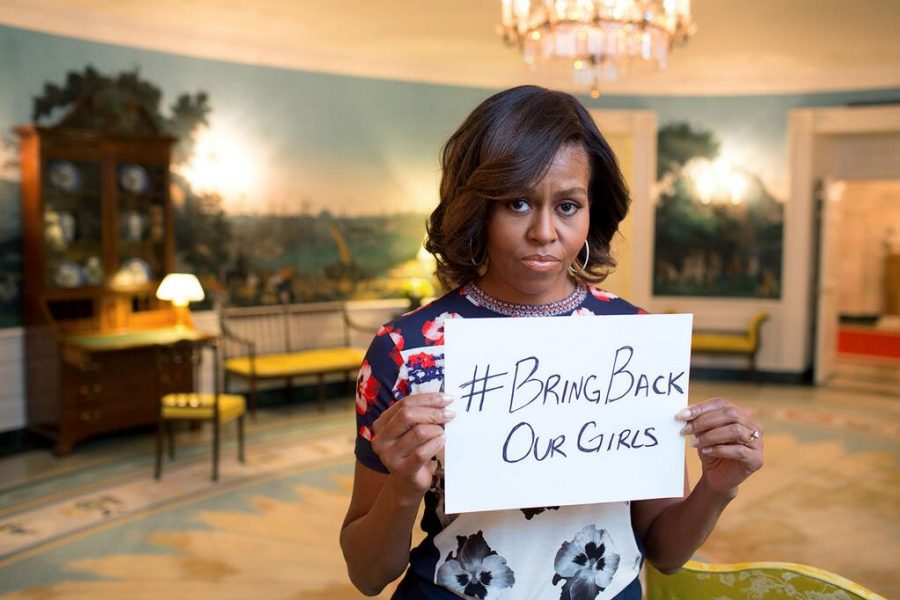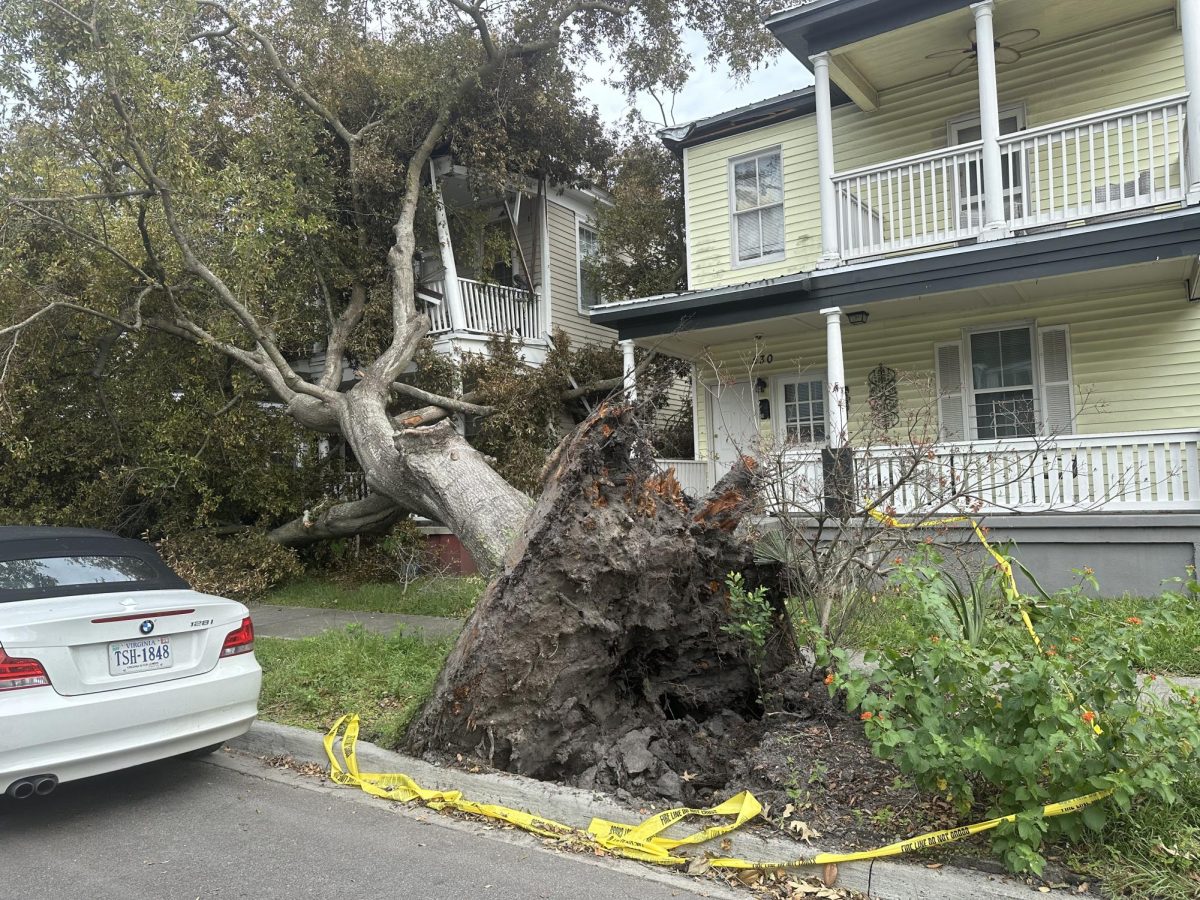By Ruby Rizvi, News Editor
In 1980, the number of annual kidnappings in the United States was about 150,000. In the past year, that number has reached approximately 900,000. There has been over 15,000 kidnappings in Georgia in the past year, and 550 in Savannah alone.
Although these numbers may seem overwhelmingly high, they hardly come close to the crisis happening in Nigeria.
Boko Haram is a militant terrorist organization located in West Africa, responsible for numerous attacks, deaths, and kidnappings throughout the region.
Within the past five years, Boko Haram has caused the annual kidnapping rate in Nigeria to skyrocket. Nigeria is now responsible for 27% of the world’s total kidnappings, as opposed to the Americas (South, Central, and North America) being responsible for 29% all together.
The terrorist group has been responsible for over 5,000 deaths since 2002. Even though they are mainly operating out of Nigeria, there have also been numerous attacks in the surrounding region, including areas of Cameroon, Chad, Mali and Niger.
“it’s very saddening,” Chidinma Okafor, a graduate student studying Public Health said. “It has caused a divide. We are all one Nigeria.”
Although many have never heard of “Boko Haram”, they may be familiar with the hashtag #BringBackOurGirls, which began trending on Twitter in April of 2014 after the militant group kidnapped 276 teenage girls from a boarding school in West Nigeria.
The hashtag went viral for weeks after the incident, with celebrities such as Bradley Cooper, Ashton Kutcher, P. Diddy, Demi Moore, Alicia Keys and Ellen DeGeneres participating by holding signs saying #BringBackOurGirls and #RealMenDontBuyGirls. Even First Lady Michelle Obama participated by posting a picture holding a sign with the hashtag.
Following the attack, the United States sent 80 troops to the country of Chad to help look for the missing girls. However, even after over ten long years of warring, the militant organization has yet to back down, and continues to terrorize the region.
“It’s very possible to stop the group,” Chidinma adds. “If the few good people government could step up to fight the insurgency, a very hard lesson could be taught.”
The most recent of attacks from the terrorist organization happened in mid-January, when Boko Haram attacked the state of Borno. They opened fire and killed what was thought to be hundreds of civilians. Following the release of more recent reports, it is suspected that nearly 2,000 people died in the attack.
“These attacks are nothing more than selfish acts for attention,” said Sade Bello, local Savannah resident who recently moved to America. “These terrorist acts affect not only those in Nigeria, but anyone with friends and family in the region.”
Despite efforts from surrounding countries, international efforts, and aid from the United Nations, the seemingly well-trained militant group is yet to be defeated.









